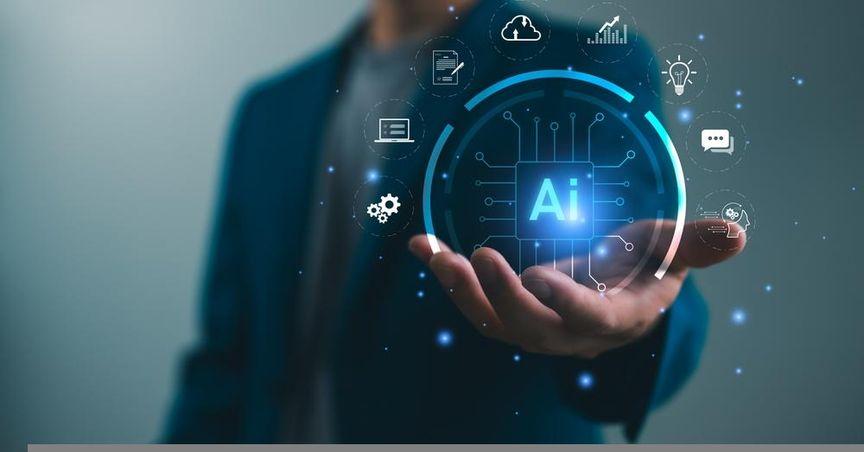Highlights
- AI tools in recruitment may reduce bias, according to new research.
- Women favor AI in recruitment, while men are more skeptical.
- AI helps remove gender bias in recruiter assessments.
New research from Monash Business School reveals that using Artificial Intelligence (AI) in recruitment may actually reduce bias instead of increasing it, as previously assumed. This discovery comes from a groundbreaking study conducted by Professor Andreas Leibbrandt, a specialist in behavioral economics.
AI in Recruitment: A New Perspective
For years, discussions around AI-driven recruitment have often centered on its potential to amplify biases. However, this study is challenging that narrative. The research primarily aimed to understand how AI impacts bias during recruitment processes and to explore job seekers' perceptions of AI technology in hiring.
Professor Leibbrandt's study highlights that women, on average, believe AI recruitment tools help reduce bias, while men express concerns that these tools might remove certain advantages. This contrast in perception underscores the varying attitudes between genders toward AI in recruitment.
Examining Bias Through AI Tools
In a two-part experiment, Monash researchers delved deeper into the effects of AI on both applicants and recruiters. The first experiment involved 700 applicants who applied for a web designer position. Participants were told that either AI or human recruiters would assess their applications. Women were more likely to complete their applications when AI was involved, whereas men showed less enthusiasm for AI-driven assessments.
The second experiment shifted focus to 500 recruiters, mainly from the tech industry, to assess how AI affected their decisions. The study found that when recruiters were aware of the applicant's gender, women consistently received lower scores than men. However, this bias completely disappeared when gender was hidden from the recruiter’s view.
Furthermore, when recruiters were provided with AI-generated assessment scores alongside the gender of the applicants, the bias vanished. Recruiters used AI scores as a guide, which helped level the playing field between male and female candidates.
Human Interaction with AI
One of the key aspects of this research is its focus on how humans interact with AI, rather than the algorithmic processes themselves. Professor Leibbrandt emphasized that this human element plays a critical role in understanding and addressing bias in recruitment.
His research aims to go beyond merely identifying biases. It strives to create a more inclusive and fair hiring environment, one where all individuals have equal opportunities to succeed.






